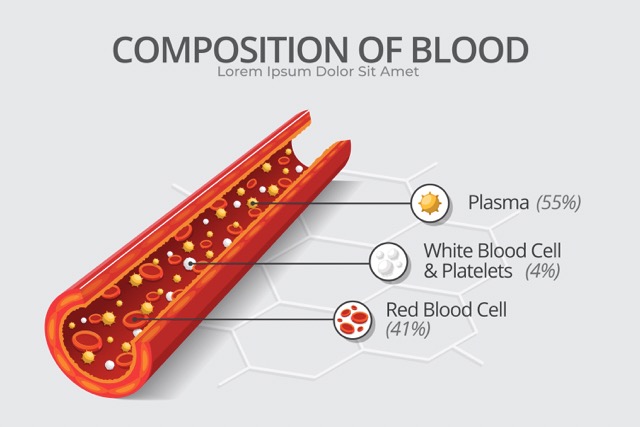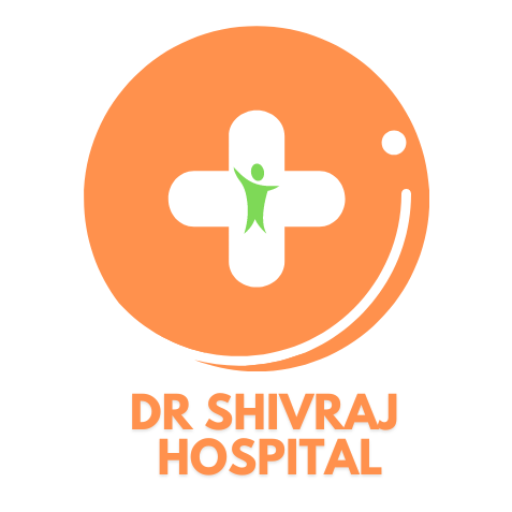Anemia in Children-

Anemia is a common blood disorder in children, characterized by a deficiency in the number or quality of red blood cells. Red blood cells are crucial for transporting oxygen throughout the body. Anemia can affect a child’s energy levels and overall health, making it essential for parents and caregivers to understand its causes, symptoms, and treatment options.
Anemia in Children-
Iron Deficiency Anemia
- Iron Deficiency Anemia is the most common type of anemia in children, main cause of this anemia is due to insufficient iron intake, blood loss, or increased iron needs during growth periods.
Vitamin Deficiency Anemia
- Vitamin Deficiency Anemia is Caused by a deficiency in vitamins like B12, which are essential for red blood cell production.
Sickle Cell Anemia
- An inherited form of anemia where red blood cells become rigid, leading to various complications.
Symptoms of Anemia
Iron Deficiency Anemia
- Iron Deficiency Anemia is the most common type of anemia in children, main cause of this anemia is due to insufficient iron intake, blood loss, or increased iron needs during growth periods.
Vitamin Deficiency Anemia
- Vitamin Deficiency Anemia is Caused by a deficiency in vitamins like B12, which are essential for red blood cell production.
Sickle Cell Anemia
- An inherited form of anemia where red blood cells become rigid, leading to various complications.
Symptoms of Anemia
Common symptoms of anemia in children include fatigue, unusual pallor of the skin, shortness of breath during activities, rapid heartbeat, dizziness or lightheadedness, irritability, cold hands and feet, frequent headaches, brittle nails, and cravings for non-food items.
Diagnosis
Pediatrician can diagnose anemia through a physical examination and specific blood tests. These tests typically measure:
- Hemoglobin levels
- Hematocrit levels (percentage of red blood cells in the blood)
- Red blood cell count
Treatment option
- Iron Supplements: For iron deficiency anemia, doctors recommend iron supplements.
- Dietary Changes: Increasing the intake of iron-rich foods (e.g., red meat, beans, spinach) and vitamin-rich foods (e.g., fruits, vegetables, whole grains).
- Vitamin Supplements: For vitamin deficiency anemia, vitamin B12 may be necessary.
